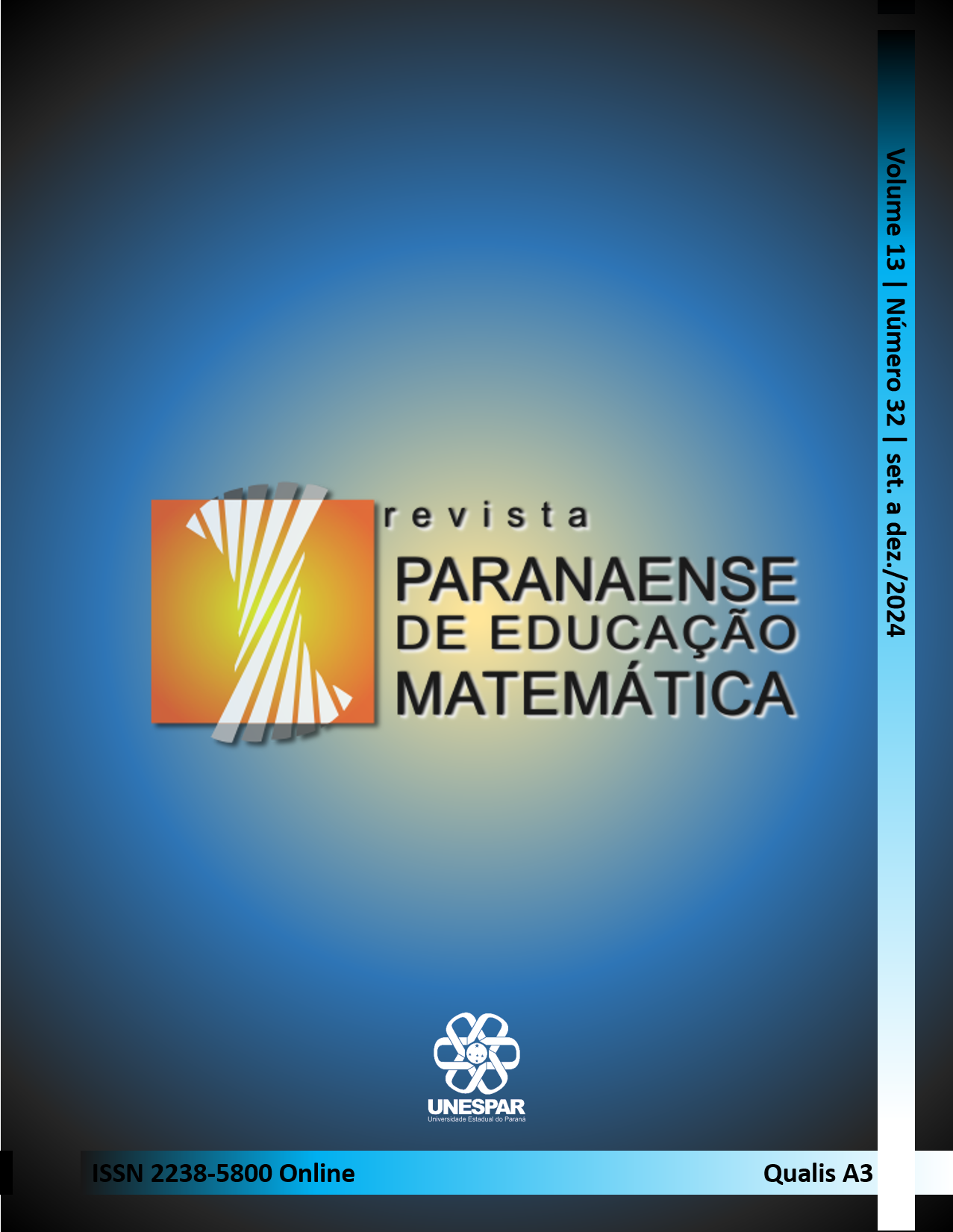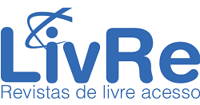THE TEACHING CHALLENGES OF TEACHING FLAT GEOMETRIC FIGURES
DOI:
https://doi.org/10.33871/rpem.2024.13.32.9588Abstract
This article is an excerpt from a dissertation in progress, entitled “Innovation of literature through technology: an animated e-book for teaching flat geometric figures”. The research adopts practical action research methodology, focusing on teaching geometric figures in the early years of elementary school. As a data collection instrument, a semi-open questionnaire was used, applied to teachers who teach mathematics and graduates from various courses at the XXXXX University (XX), about their perceptions and difficulties related to the use of technological pedagogical resources. The descriptive analysis, partially based on the MTSK theoretical framework, revealed significant challenges faced by teachers. The results of this analysis aim to support the development of an educational intervention, which includes the creation of an animated and interactive e-book. This study contributes to the understanding of contemporary pedagogical practices and the challenges faced by teachers, and can provide guidelines to enrich mathematics teaching through the use of educational technologies.
Downloads
References
CARRILLO, Y. J; CLIMENT, N. M. M; CONTRERAS L. C; FLORES, M. E; ESCUDERO, A. D; VASCO, D; ROJAS, N; FLORES, P; AGUILAR, G. A.; RIBEIRO, M. E; MUÑOZ, C. M. C. The Mathematics Teacher’s Specialised Knowledge (MTSK) Model. Research in Mathematics Education. V. 20 ed. 3, 2018.
ELLIOT, J.; CARVALHO, A. D.; LIBÂNEO, J. C.; TEIXEIRA, M. A. S. Pesquisa-ação em educação. São Paulo: Cortez, 1997.
MIRANDA, M. G.; RESENDE, A. C. A. Sobre a pesquisa-ação na educação e as armadilhas do praticismo. Revista Brasileira de Educação, v. 11, n. 33, p. 443-456, 2006.
TRIPP, D. Pesquisa-ação: uma introdução metodológica. Educação e Pesquisa, v. 31, n. 3, p. 443–466, set. 2005. Disponível em: https://www.scielo.br/j/ep/a/3DkbXnqBQqyq5bV4TCL9NSH/# Acesso em: 20 de março de 2024.
PASSOS, C. L. B.; NACARATO, A. M. O ensino de geometria no ciclo de alfabetização: um olhar a partir da provinha Brasil <br> The geometry teaching in literacy cycle: a view from “provinha Brasil”. Educação Matemática Pesquisa Revista do Programa de Estudos Pós-Graduados em Educação Matemática, São Paulo, v. 16, n. 4, p. 1147–1168, 2014. Disponível em: https://revistas.pucsp.br/index.php/emp/article/view/22016. Acesso em: 6 nov. 2024.
PAVANELLO, R. M. O abandono do ensino de geometria: uma visão histórica. Dissertação de Mestrado em Educação. Campinas: Universidade Estadual de Campinas, 1889.
PONTE, J. P. da. Tecnologias de informação e comunicação na formação de professores: que desafios? Revista Iberoamericana de Educación, n. 24, p. 111-142, 2000.
RENGEL, D; DANTAS, S. C. Um estudo sobre a integração de recursos tecnológicos por um grupo de professores de Matemática. Revista Paranaense de Educação Matemática, [S. l.], v. 13, n. 31, p. 1–26, 2024. DOI: 10.33871/rpem.2024.13.31.8836. Disponível em: https://periodicos.unespar.edu.br/rpem/article/view/8836. Acesso em: 3 nov. 2024.
SMOLE, K.S; DINIZ, M. I (Org.). Ler, escrever e resolver problemas: habilidades básicas para aprender Matemática. Porto Alegre: Artmed, 2001. Disponível em: https://books.google.com.br/books?hl=pt-BR&lr=&id=B0VshZSfjP8C&oi=fnd&pg=PR5&dq=Ler,+escrever+e+resolver+problemas&ots=psXdiOCKIb&sig=1ZM_1Ral3rPGzS5B-qwAHAdCIlU#v=onepage&q=Ler%2C%20escrever%20e%20resolver%20problemas&f=false. Acesso em: 20 abr. 2023.
SMOLE, K.S et al. Matemática na educação infantil: a teoria das inteligências múltiplas na prática escolar. Porto Alegre: Artmed, 2000.
TRIPP, D. Pesquisa-ação: uma introdução metodológica. Educação e Pesquisa, v. 31, n. 3, p. 443–466, set. 2005. Disponível em: https://www.scielo.br/j/ep/a/3DkbXnqBQqyq5bV4TCL9NSH/# Acesso em: 20 de março de 2024.
VAZQUEZ, A. L.; TONUZ, R. M. S. Pesquisa-ação: uma introdução metodológica. Educação e Pesquisa, v. 31, n. 3, p. 443-466, 2006.
Downloads
Published
How to Cite
Issue
Section
License
Copyright (c) 2024 Revista Paranaense de Educação Matemática

This work is licensed under a Creative Commons Attribution-NonCommercial-NoDerivatives 4.0 International License.










